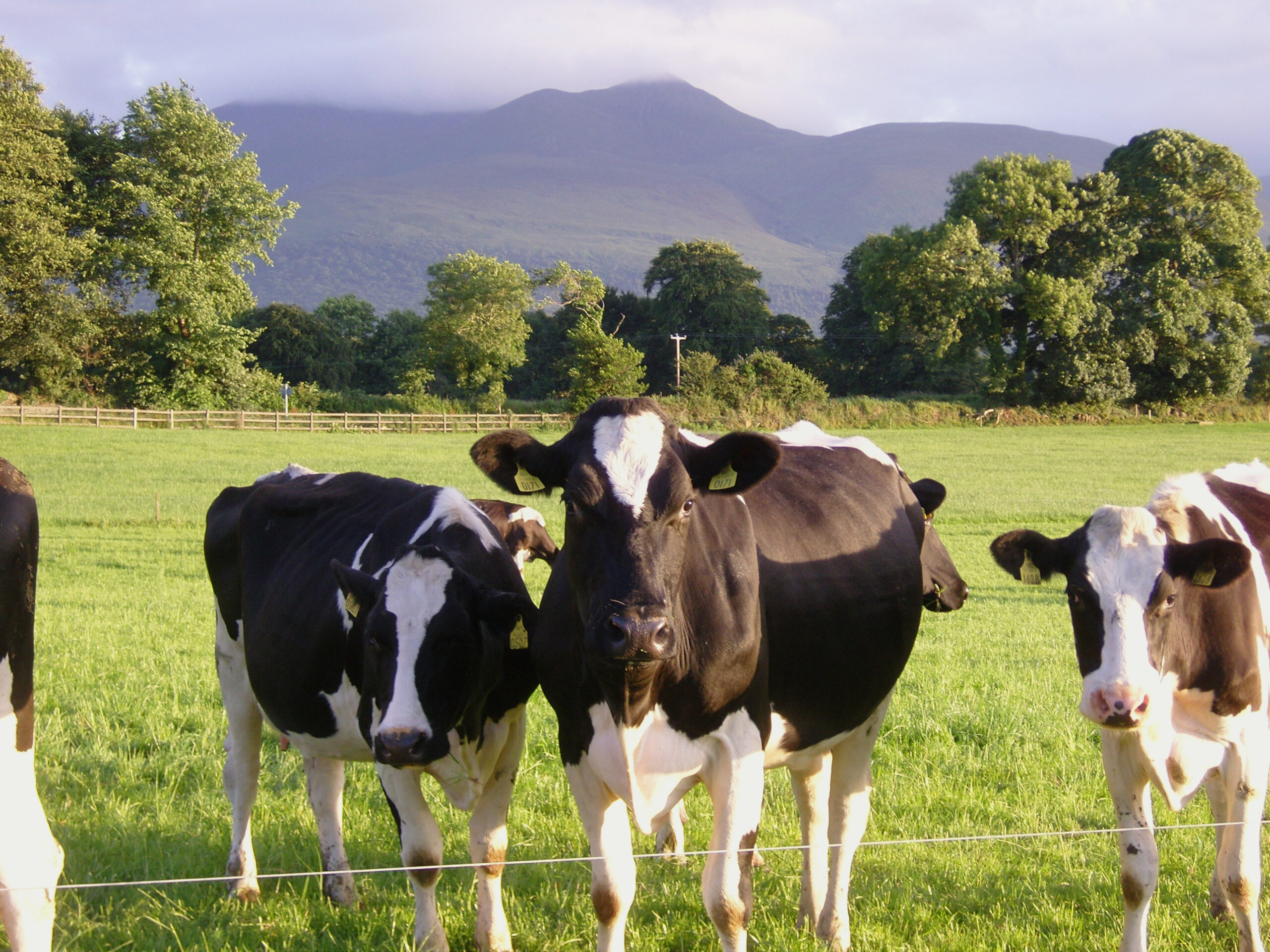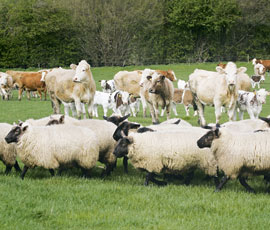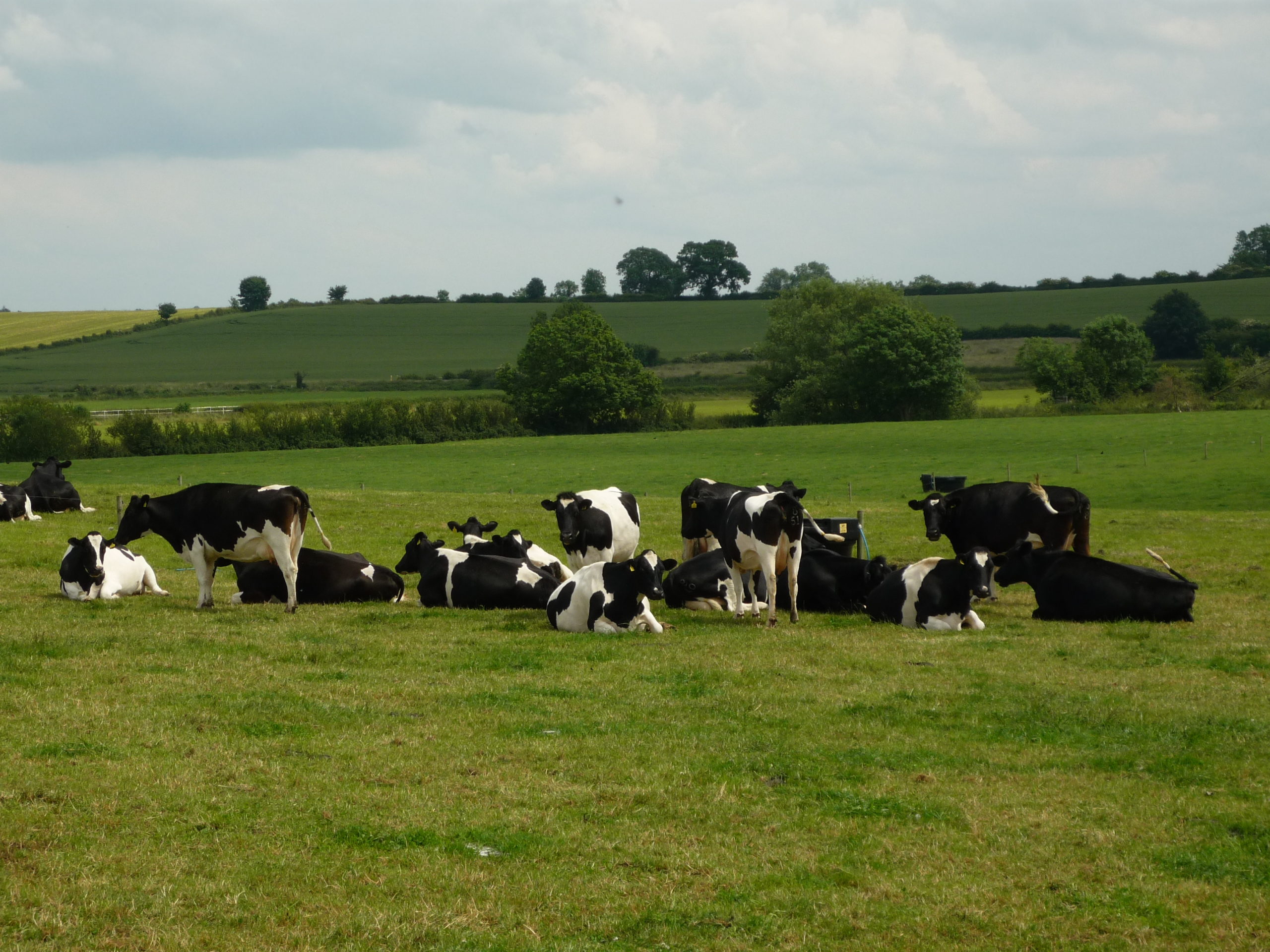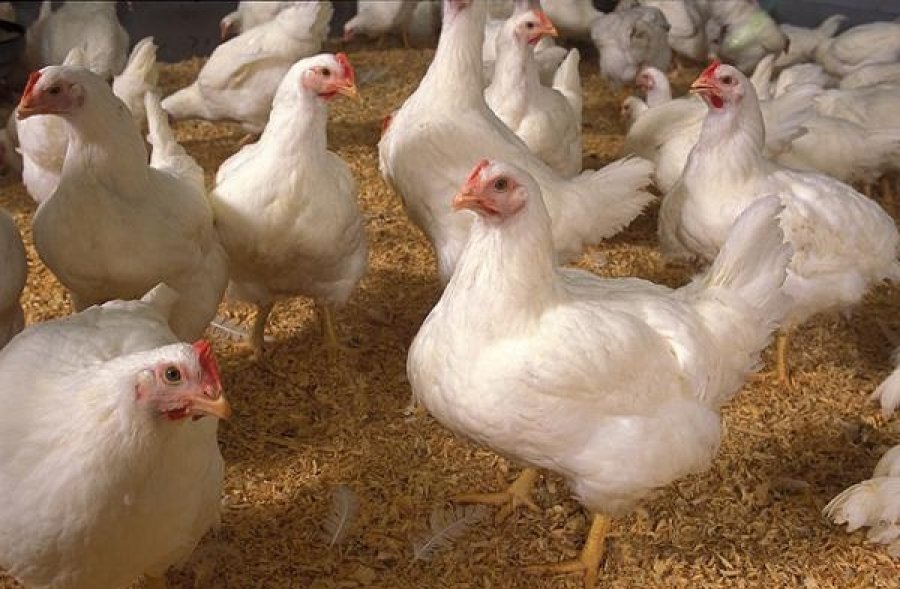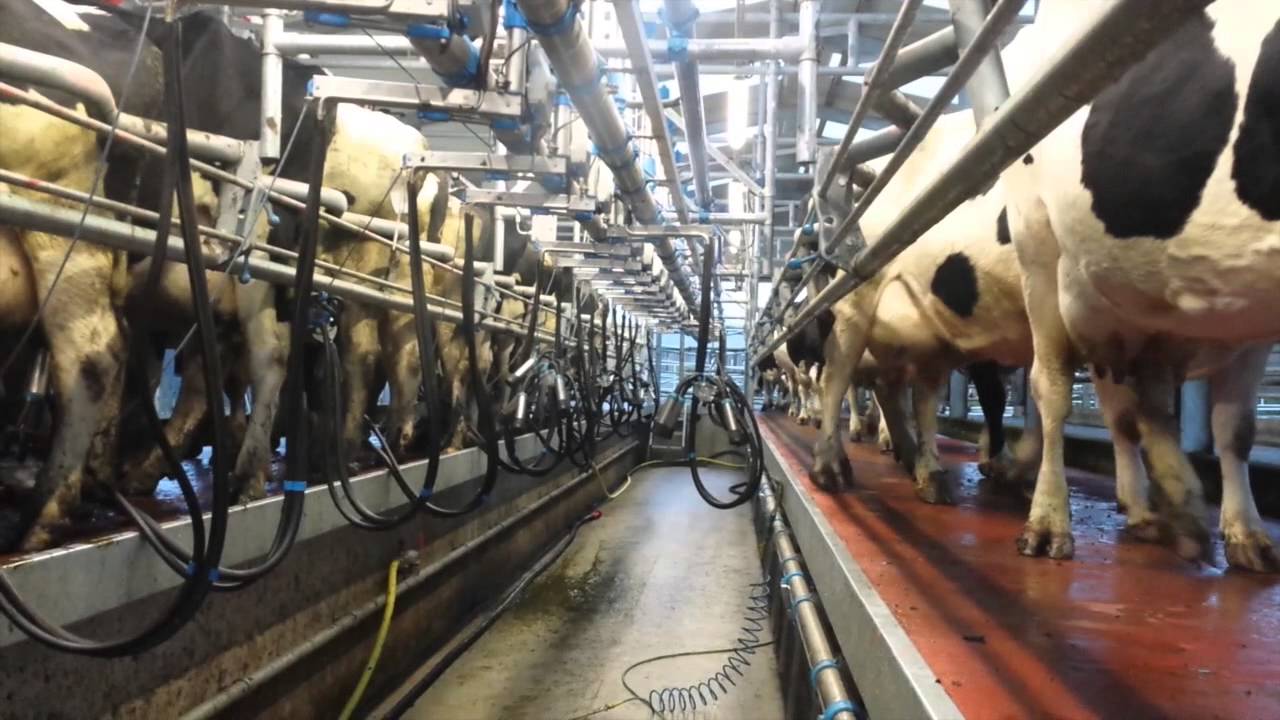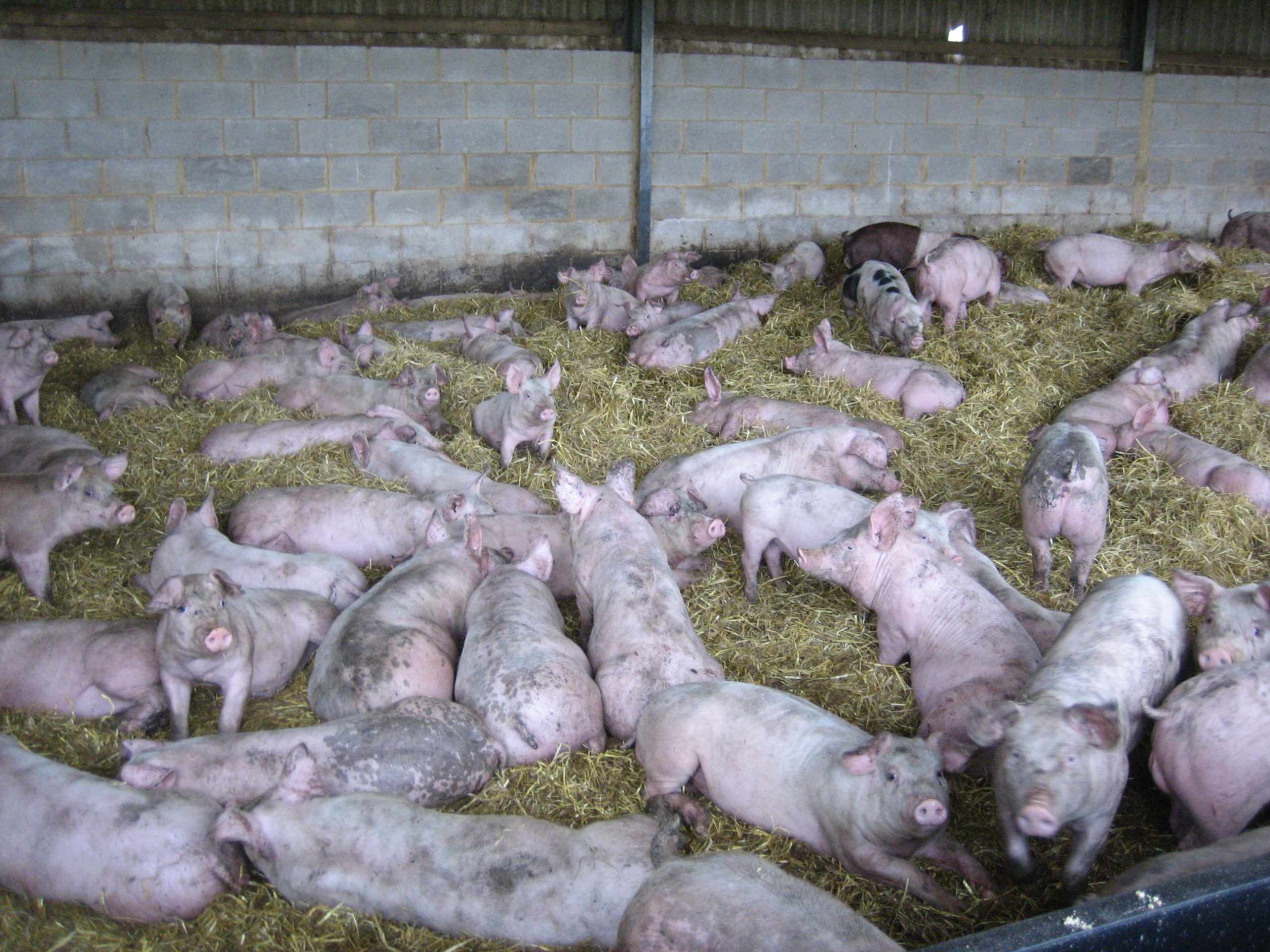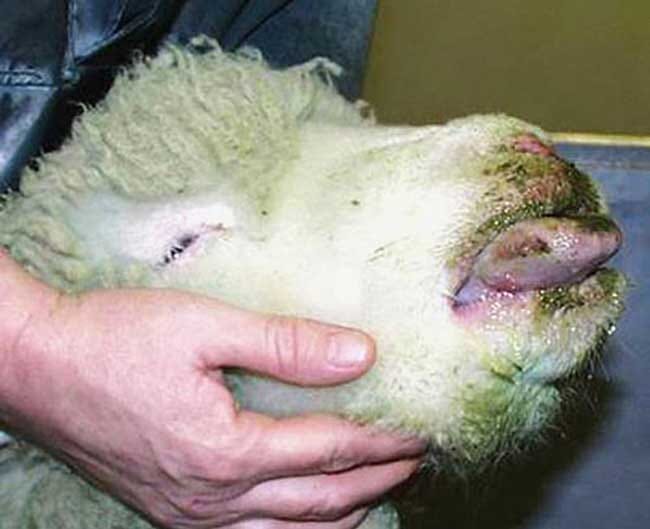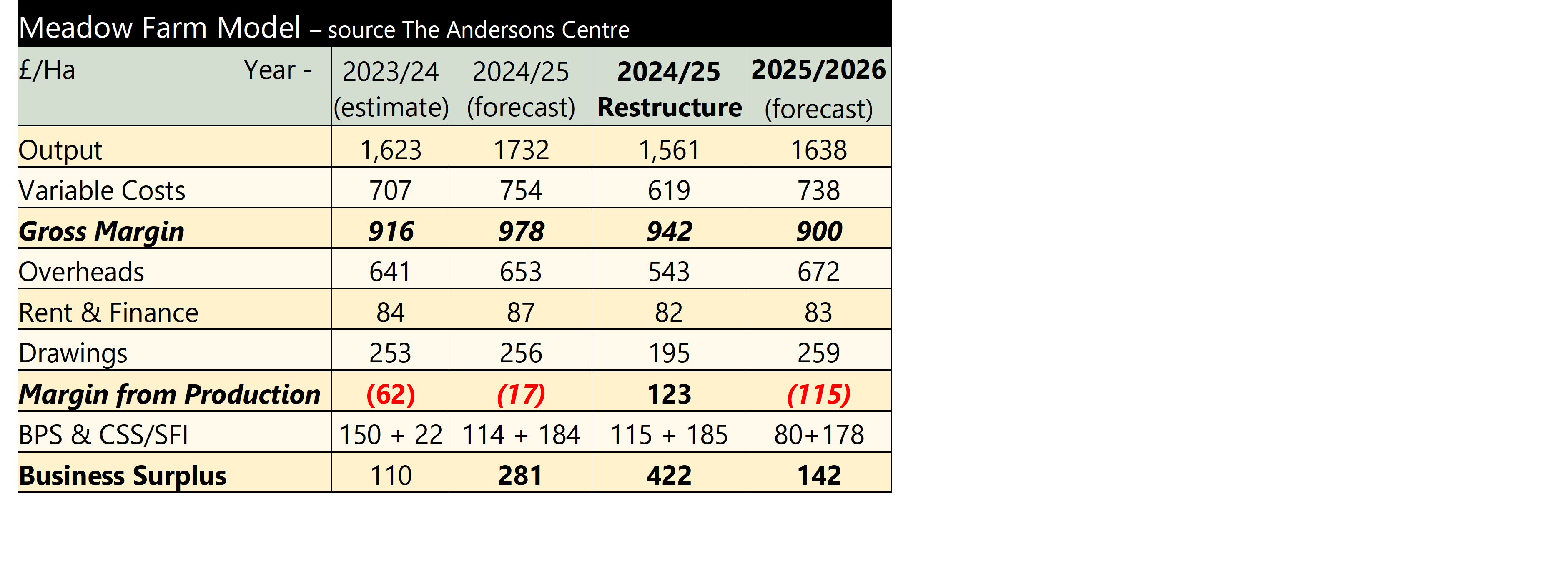The pig price has been relatively stable over the past year, albeit drifting slowly downwards. The SPP (EU spec) was trading in the region of 212p per kg deadweight at the beginning of the year and is now just under 208p per kg; falling just 4ppkg. This is around 12p per kg lower than October 2023, however last year prices were at a record high and prices are currently substantially above the 5-year average. Furthermore the cost of production has hardly changed since Q2 2023 and, although net margins have fallen slightly, they are still positive around £12-£14 per pig.
In terms of pigmeat production, the AHDB is forecasting a 2.7% increase in 2024 compared with 2023 to 951,000 tonnes. In the first eight months of 2024 clean pig kill totalled 6.78 million head. This is up 1.6% on last year but the increase in production has also been driven by higher carcase weights, averaging at 90.1kg January to August; an increase of 1.3kg compared with 2023. Throughputs are expected to continue to increase through the rest of the year. Looking ahead to 2025, smaller year-on-year growth is forecast; pig meat volumes are estimated to increase by just 0.9% on 2024, driven by a 0.8% increase in clean pig slaughter with minimal change in carcase weights – subject to no diesease outbreaks.
The latest Defra census showed that the English female breeding herd has fallen 2% in 2024. However, AHDB is forecasting minor growth in the pig breeding herd over the next couple of years, if market conditions remain favourable. But this would only see the herd size return to 2022/2023 levels, with no recovery to historic pig population size expected in the foreseeable future.
In terms of trade, in the first half of 2024, UK export volumes of pig meat have fallen 2.4% to 148,000 tonnes, the lowest volume since 2015. This is due to subdued demand from China, and increased competition from major exporting countries such as Brazil and the USA. The UK is very reliant on the Aisian markets for carcase balance – in particular, offal. By contrast, imports have seen year-on-year growth in the first half of the year, up 1.4% to 387,000 tonnes. The EU pig price has fallen much quicker than our domestic price and the price differential has widened meaning EU pigmeat is more attractive to some purchasers – further bolstered by a weakening Euro. Little change is expected over the remainder of the year and therefore UK exports are forecast to end the year back by 2-3%, meanwhile imports increase by 1-2%.
Into 2025, it is expected that export volumes will continue to be subdued and import volumes will remain high if EU prices continue to hold a large price differential. Something to keep any eye on is increased geopolitical tensions between the EU and China. The EU is the biggest exporter to China, but the ongoing fallout between the two could see China imposing high tariffs on EU product. This could mean surplus product on the market putting downward pressure on domestic prices. Although, there could be potential for us to increase exports to China.
In the first seven months of the year, retail demand for pork fell 2.2% compared with 2023, according to Kantar, not helped by poor summer weather. Meanwhile the foodservice market has performed better than expected with volumes estimated by the AHDB to be up 5.2%. Overall, pork volumes for 2024 are expected to be down by 2% compared to 2023 and by 4% compared to 2019. But this is hoped to be more stable in 2025, if inflation continues to decline and wages rise.
